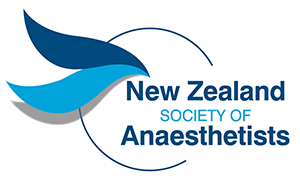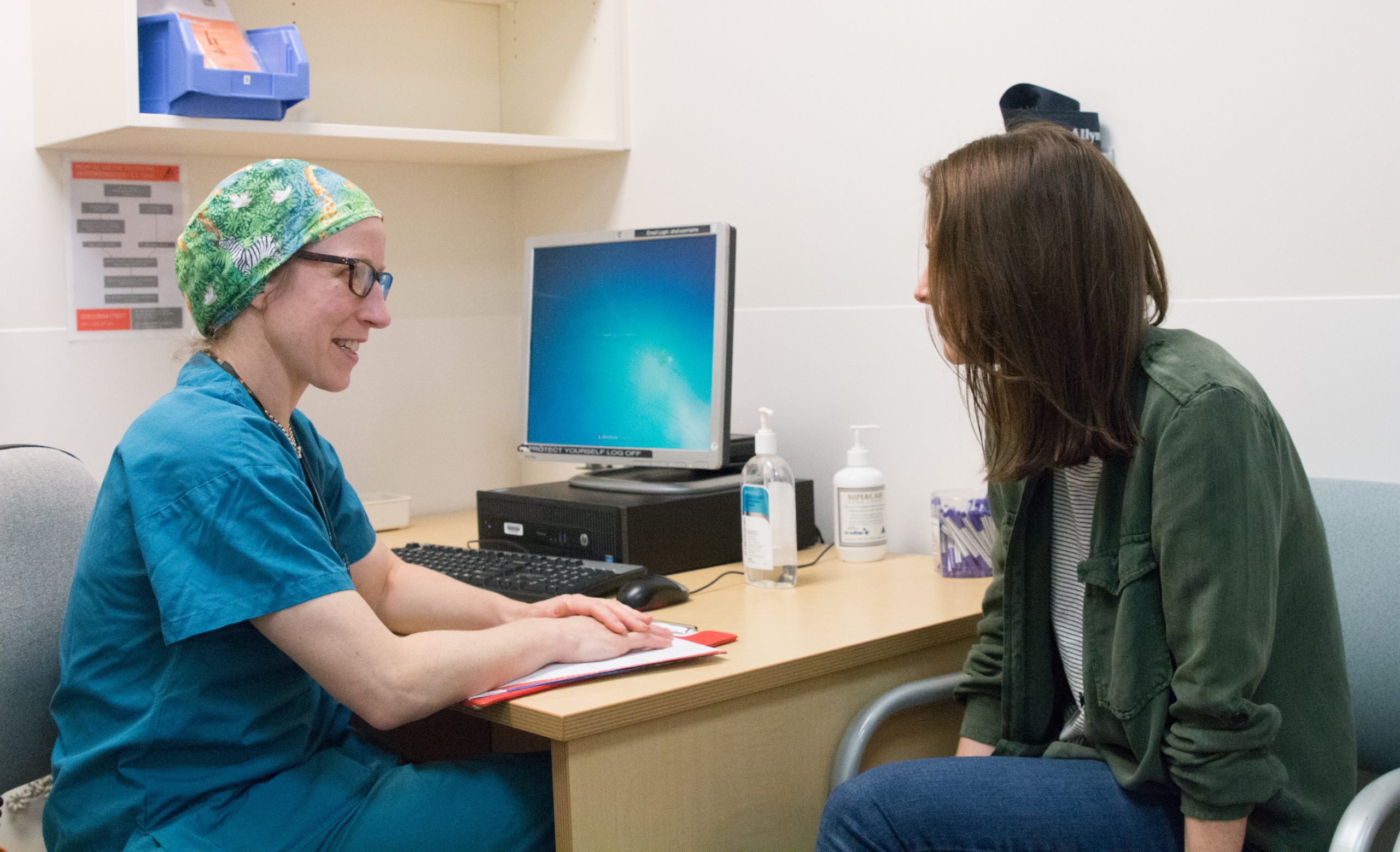Suggested questions to ask your anaesthetist
This page is intended as a quick guide for people undergoing surgery with sedation or anaesthesia.
The questions listed are examples only. They are useful reminders that are also contained, along with other information, in the Society’s brochure “Your Anaesthetic” which your Anaesthetist will talk to you about when you meet to discuss your surgery.
Please tell your Anaesthetist about your medical history and any problems that might affect your surgery. This will help the doctor when planning your surgery. This health information is private to you and your doctor.





